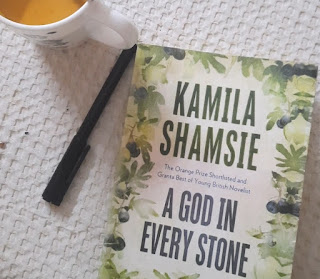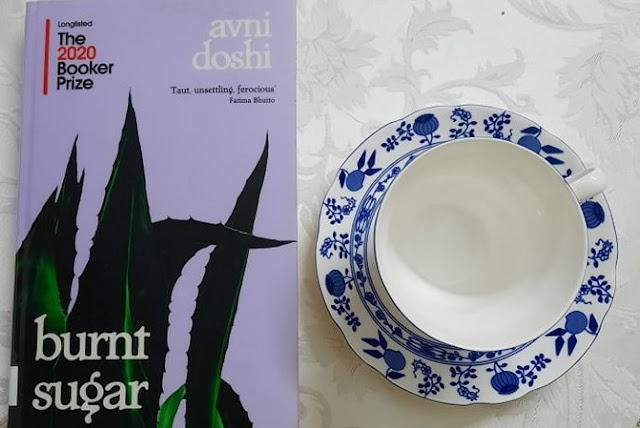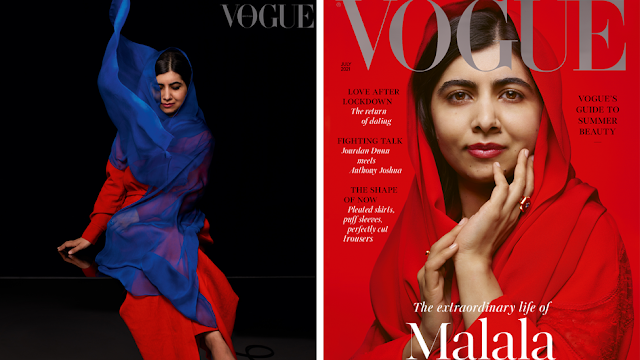Reading: Kamila Shamsie's 'A God in Every Stone' (2014) + summer goals

Photo my own This summer, the plan is to read through the oeuvres of a bunch of Pakistani writers (predominantly writing in English) and by the end of it, to do a reading wrap up. I have made myself an extensive reading list, one that doesn't curate themes and topics like those from my undergraduate times, but one whose goal is to be well-versed in Pakistan's literary output. I am trying to place myself in a tradition with my writing, and I think I need to reflect on where my voice fits in proceeding from what has already been done. I recently read Kamila Shamsie's colonial era novel 'A God in Every Stone' which has left me with conflicted feelings. It's not a bad book by any means- it deals very expertly with the history of Peshawar as a city, its archeological significance. It also takes us through a slice of colonial history, culminating in the events of 23 April 1930, where a massacre of unarmed Pashtuns takes place at the hands of the British. As a Pakista...

